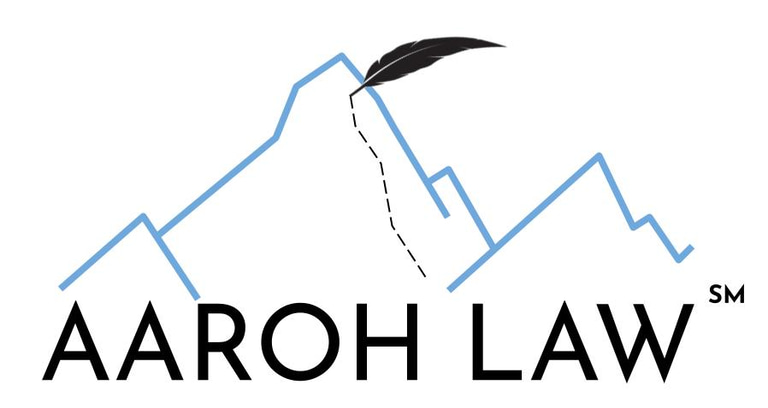Your Data is Power.
Protect It Before It’s Too Late.
Helping businesses safeguard personal data, stay compliant, and build customer trust.
Practice Circle. Data Protection
The Leaked Database
An e-commerce startup in Bengaluru was doing everything right, that is, fast deliveries, loyal customers, and rising revenues. One day, a small security oversight exposed thousands of customer emails and payment details. The result?
Angry customers, regulator scrutiny, and a PR nightmare.
The founders realized that data protection is about technology, responsibility and trust.
Why it Matters?
Data is today’s most valuable asset—but it’s also the most vulnerable.
In India, with the Digital Personal Data Protection Act (DPDP Act, 2023) now in force, businesses are legally bound to secure personal data. Non-compliance can lead to heavy penalties, reputational loss, and customer distrust.
Protecting data is no longer optional. It’s essential.
How We Help?
Assessing your data processing activities
Drafting privacy policies, consent frameworks, and terms of service
Reviewing contracts with vendors and processors
Assisting with compliance under the DPDP Act, IT Act, GDPR (where applicable)
Responding to data breaches and regulatory notices
The Difference:
Combining deep law backgrounds, experiences with transparent processes.
Expertise
We are a focused team of individuals with deep knowledge of data protection law and global standards.
Human Centric
We align protection strategies with your business goals and vision.
Experience
Experience with startups, SMEs as well as large enterprises
Enforcement
A forward looking approach that keeps you ahead of regulatory shifts.
Let's work together on your data protection practices
Book Your Consultation
Connect with an expert for a personalized discussion about your data protection practices. We're here to answer all your queries.

Frequently asked questions
Q.2. What qualifies as personal data?
A. Any information that identifies or relates to an individual, such as names, emails, phone numbers, financial data, etc.
Q.3. Do small startups need to comply?
A. Yes. There are no blanket exemptions for startups, compliance is mandatory.
Q.4. Is consent always required to process data?
A. In most cases, yes. Consent must be free, informed, specific, and revocable.
Q.5. How does the DPDP Act differ from GDPR?
A. Both protect personal data, but GDPR is broader in scope. The DPDP Act is designed for India with unique features like consent managers and significant compliance obligations for businesses.
Navigating through data protection practices can raise many questions. Here are some of the most common observations we receive, designed to provide you with clear, concise answers to help you understand the process better.
Q.1. Who does the DPDP Act apply to?
A. It applies to all businesses in India processing personal data, and to global businesses handling Indian data subject's data.
Q.6. How can businesses prepare for the DPDP Act?
A. By mapping data flows, implementing consent management, drafting privacy policies, training employees, and updating contracts with vendors/partners.
Q.7. Does GDPR apply to Indian businesses?
A. Yes, if you offer goods or services to European Union (EU) residents or monitor their behaviour, GDPR compliance is mandatory even if you’re based in India.
Q.8. Can Indian patents be enforced internationally?
A. No, but Indian filings can serve as a base for PCT or Paris Convention filings abroad.


